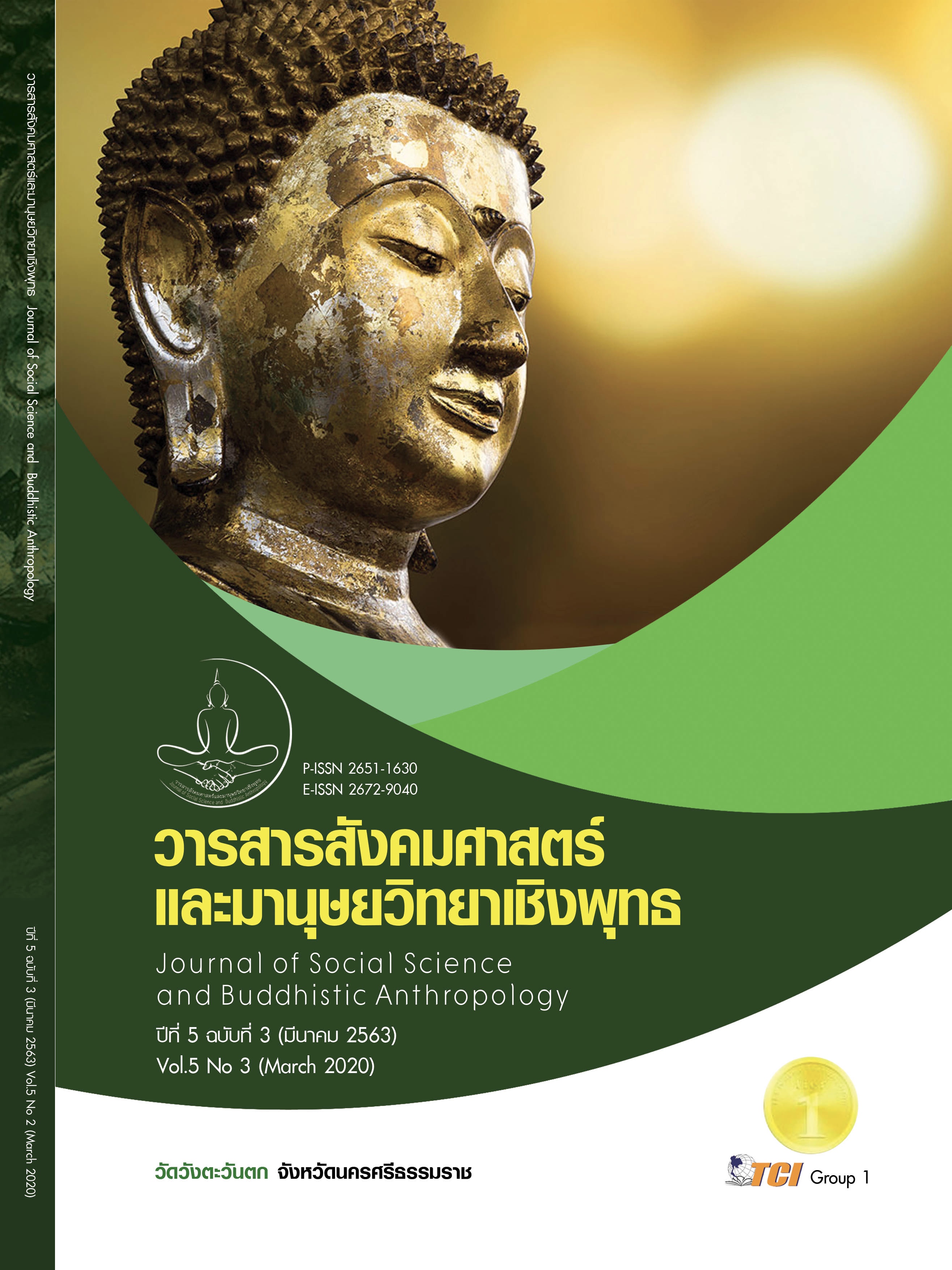INNOVATIVE BUSINESS MODEL FOR HIGH ACHIEVEMENT
Keywords:
Business model innovation, Business success, Small medium EnterprisesAbstract
The objectives of this thematic paper were as follows: 1) To study business guidelines for entrepreneurs who have won the Bai Po Business Awards 2) To create an innovative model of business that achieves high levels of success. By use a qualitative research conducted By using open-ended questions, the Interview Protocol, which is used to collect data from key informants, will have a form with questions created. As an interview guide approach, these questions will be prepared in advance of the actual interview. The researcher created and developed the interview form using data from literature review. And the conceptual framework of the research By having an interview examination form Found that the questions in the interview form Cover objectives Easy to read and understand, and able to provide complete answers Important informant with 47 SME entrepreneurs who received Bai Po Business Awards, and the findings were analyzed according to the 10 criteria the judges used to select the award winners. The findings revealed that to attain high achievement in this new era, entrepreneurship must be a starting point, and the business must be customer focus, along with the mission to create values for all stakeholders. The entrepreneurs must embrace innovation with a focus on quality of products, services, and transaction. Branding is a must to create brand equity with competitive differentiation. The entrepreneurs must have leadership with the competency of human resource management to build a workforce that is competent, ethical, and happy, which will result in strong integrated teamwork. And covers 10 points according to the criteria of award decision
References
วีรวิชญ์ เลิศไทยตระกูล. (2557). การสร้างเครือข่ายนวัตกรรมเพื่อการพัฒนาศักยภาพของธุรกิจ SMEs. วารสารนักบริหาร, 34(2), 37-45.
สุรัสวดี ราชกุลชัย. (2555). บทบาทของการร่วมมือและความสัมพันธ์ที่มีต่อความสามารถในการดูดซับความรู้และนวัตกรรม: การแพร่กระจายความรู้ของธุรกิจขนส่งด่วนในไทย. กรุงเทพมหานคร: สํานักงานกองทุนสนับสนุนการวิจัย.
Amit, R &Zott,C. (2012). Creating Value Through Business Model Innovation. MIT Sloan Management Review, 53(3), 40-50.
Arnold C.Cooper Carolyn Y.WooWilliam C.Dunkelberg. (1988). Entrepreneurs' perceived chances for success. Journal of Business Venturing, 3(2), 97-108.
Baden-Fuller, C. & Haefliger, S. (2013). Business Models and Technological Innovation. Long Range Planning, 46(7), 419-426.
Casadesus- Masanell, R & Zhu, F. (2013). Business Model Innovation and Competitive Imitation: The Case of Sponsor-Based Business Models. Strategic Management Journal, 34(4), 464-482.
McGrath, R. (2011). When Your Business Model Is In Troble. Havard Business Review.
Morris, M., Schindehutte, M & Allen,J. (2005). The Entrepreneur’s Business Model: Toward A Unified Perspective. Journal of Business Research, 58(9), 726-735.
Teece, D.J. (ม.ป.ป.). Business Strategy and Innovation. Long Rage Planning, 43(7), 172-194.









